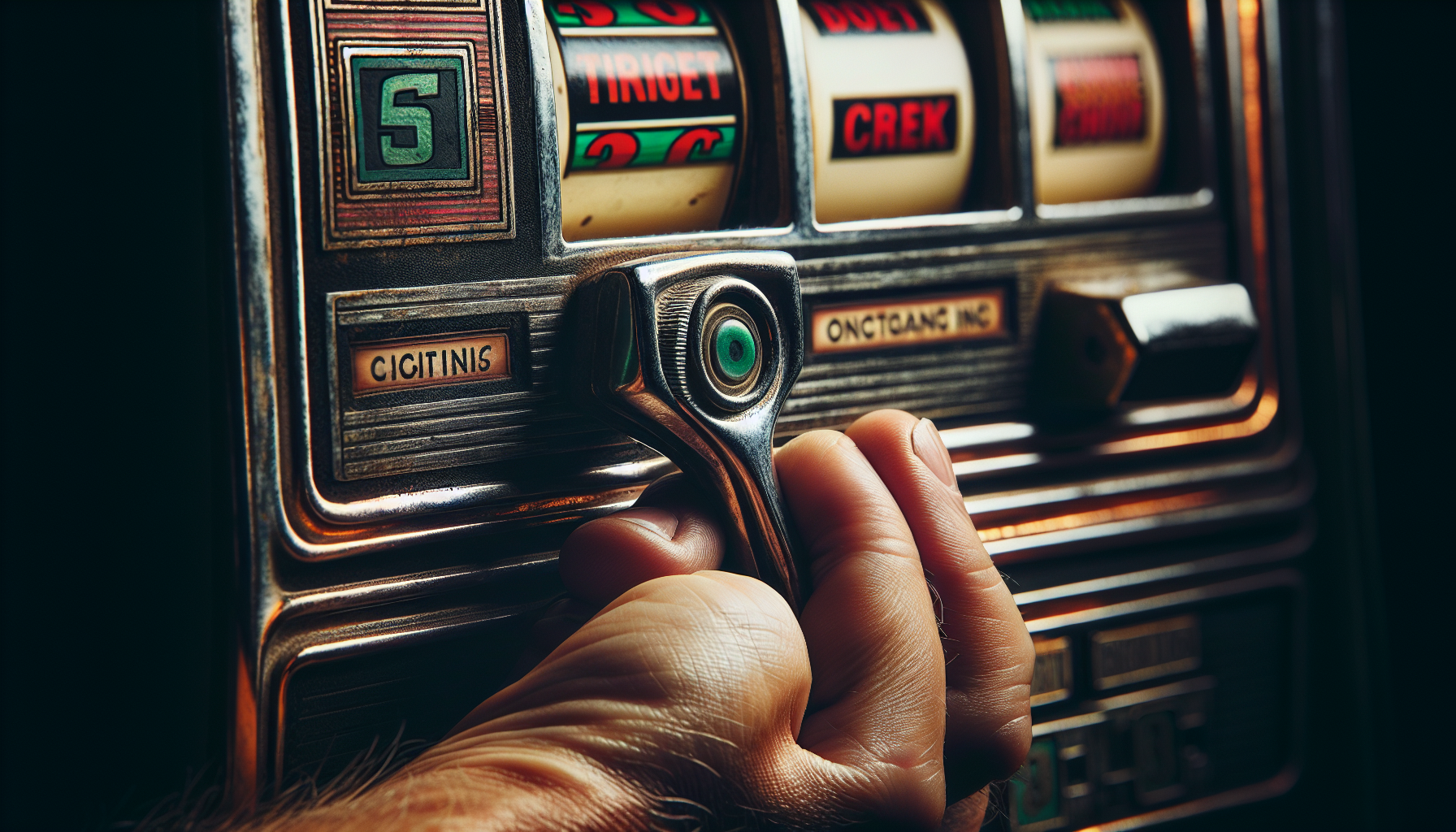Have you ever wondered if casinos are obligated to pay out when you win? Well, the answer may surprise you. In this article, we will explore the fascinating world of casinos and their payout policies. We will uncover the truth behind whether casinos are legally bound to honor your winnings or if they have the power to withhold them. Get ready to uncover the secrets of the casino industry and learn more about what happens when luck is on your side.
Are Casinos Required To Pay Out?
Legal Obligations of Casinos
As a player in a casino, you may wonder if the establishment is required to pay out winnings. The answer to this question is yes, casinos are legally obligated to pay out winnings to players. Whether you’re playing slot machines, table games, or participating in other forms of gambling, the casino must honor the terms of the game and payout any winnings accordingly.
Regulatory Authorities
To ensure fair and transparent operations, casinos are regulated by various authorities. These regulatory bodies, such as the Gambling Commission in the United Kingdom or the Nevada Gaming Control Board in the United States, have the responsibility of upholding the integrity of the gambling industry. They oversee the licensing and operations of casinos, ensuring that they adhere to specific rules and regulations, including the requirement to pay out winnings.
Licensing Requirements
To operate legally, casinos must obtain a license from the regulatory authorities in the jurisdiction where they are located. These licensing requirements vary from one jurisdiction to another but generally involve demonstrating financial stability, fair gaming practices, and commitment to player protection. By obtaining a license, casinos show their commitment to operating under strict guidelines and paying out winnings to players.
Types of Payouts
Casinos offer various types of payouts to players, depending on the game and the specific rules in place. In slot machines, for example, you can win both small prizes and life-changing jackpots. Table games such as blackjack or roulette also offer potential payouts based on your bets and the outcome of the game. Additionally, some casinos may offer progressive jackpots, where the winnings continually increase over time until a lucky player hits the jackpot.
Player Protection Mechanisms
To ensure players are treated fairly, many jurisdictions require casinos to implement player protection mechanisms. These mechanisms may include self-exclusion programs, where players can voluntarily restrict themselves from accessing the casino or certain games. Moreover, responsible gambling initiatives may be in place, providing resources for those who may require assistance with controlling their gambling habits. These measures are in place to safeguard players and promote responsible gaming practices.
Gambling Laws and Regulations
The gambling industry is governed by a set of laws and regulations that vary from country to country, and even within regions of the same country. These laws are designed to protect the interests of both players and the casino operators. They establish guidelines for fair gaming practices, player privacy, and the distribution of winnings. By complying with these laws, casinos ensure that they meet the legal requirements to pay out winnings to players.
Casino Terms and Conditions
When you engage in gambling activities at a casino, it’s essential to be aware of the terms and conditions associated with your gameplay. These terms and conditions outline the rules of the games, including the payout structure, eligibility for winnings, and any wagering requirements that may apply. It is crucial to read and understand these terms before participating in any gambling activities to ensure you are aware of the casino’s obligations to pay out winnings.
Dispute Resolution
In the rare event of a dispute between a player and a casino regarding a payout, there are established procedures for resolution. The regulatory authorities often have mechanisms in place to handle such disputes, allowing both parties to present their case and reach a fair resolution. Additionally, some jurisdictions may have independent third-party mediators who can assist in resolving conflicts between players and casinos. These dispute resolution processes exist to protect the rights of players and ensure a fair resolution is reached.
Practices and Ethics
Casinos are expected to uphold high standards of ethical behavior when it comes to paying out winnings. They should prioritize customer satisfaction and operate with honesty and integrity. It is their ethical duty to promptly and accurately process payouts and ensure that players receive their winnings in a timely manner. By doing so, they build trust with their customers and maintain a positive reputation in the industry.
Fines and Penalties
Failure to comply with the legal obligations to pay out winnings can result in severe consequences for a casino. Regulatory authorities have the power to impose fines and penalties on casinos that do not meet their obligations. These fines can be substantial and serve as a deterrent for casinos to maintain high standards of fair gaming and payout practices. Such penalties are in place to enforce the legal requirements and protect the rights of players.
In conclusion, casinos are indeed required to pay out winnings to players. By obtaining licenses, adhering to regulations, and maintaining ethical practices, casinos demonstrate their commitment to fair gaming and fulfilling their obligations. These legal and regulatory frameworks exist to protect both players and the integrity of the gambling industry, ensuring that everyone has a fair and enjoyable experience when gambling.
